What to Look For in a Professional Elderly Care Provider
Choosing the right elderly care provider for an elderly loved one is one of the most important decisions a family can make. For non-skilled care services—focused on assistance with daily living activities such as bathing, dressing, meal preparation, mobility support, and companionship—it’s essential to prioritize providers who can deliver safe, reliable, and compassionate support. This guide outlines key factors to consider when selecting a professional elderly care provider for ADL assistance, ensuring your loved one’s comfort, dignity, and happiness.
Ensure Training and Practical Experience
Proper training and experience are essential. Caregivers should have completed basic training in personal elderly care, safety protocols, and emergency procedures. Knowing how to assist safely with mobility, transfers, and personal hygiene prevents injuries and promotes well-being. Experience matters just as much as training.
Caregivers who have worked with elderly clients for several years are more familiar with common challenges, such as helping someone with limited mobility, arthritis, or mild memory difficulties. According to the World Health Organization, one out of six people in the world is expected to be over 60 years old by 2030; therefore, the demand for skilled and compassionate elderly care—including assistance with daily living activities—is only expected to grow, highlighting the importance of choosing providers with the right experience and training.
Experienced caregivers often know practical ways to make daily routines smoother, safer, and more comfortable, helping your loved one maintain independence while receiving the assistance they need. For instance, a caregiver who has helped multiple clients with mobility challenges may know creative ways to arrange furniture or use assistive devices to make walking safer and easier. Caregivers with experience in dealing with age-related conditions such as vision or hearing loss, incontinence, or limited mobility can anticipate challenges and proactively adapt routines. This ensures that daily tasks are performed efficiently while respecting the dignity and comfort of your loved one.
Focus on Compassionate and Respectful Care
Personalized elderly care is vital as each elderly individual has unique routines, preferences, and comfort levels. A quality care provider develops individualized care plans that reflect these needs, ensuring that assistance with meals, dressing, or bathing is both respectful and supportive. Tailoring daily care routines enhances comfort, preserves dignity, and fosters a positive environment at home.
Compassionate caregivers provide much more than physical assistance—they offer companionship, emotional support, and social engagement. For many elderly individuals, loneliness can be as challenging as physical limitations. Caregivers who actively listen, engage in conversation, and participate in meaningful activities help promote emotional well-being and reduce isolation. Even small gestures, such as sharing stories, celebrating personal milestones, or encouraging hobbies, can make a meaningful difference in a client’s day.
Respect is a cornerstone of care. Caregivers should always seek consent and maintain privacy when assisting with personal tasks. They should encourage independence wherever possible, allowing your loved one to perform tasks on their own whenever safe. This approach not only preserves dignity but also supports self-esteem and confidence in daily living activities.
Emphasize Safety and Communication
Caregivers should be trained in fall prevention, safe transfer techniques, and how to respond to common emergencies. Providers should also be attentive to environmental hazards in the home and help maintain a safe and comfortable living space. For example, ensuring hallways are clear, rugs are secured, and mobility aids are used correctly can significantly reduce the risk of falls or injuries.
Clear and open communication with both the elderly individual and their family is crucial. Caregivers should report any changes in daily routines, physical abilities, or mood to family members, ensuring potential issues are addressed promptly. Effective communication builds trust, promotes collaboration, and ensures everyone involved is informed and confident in the care being provided. It's also helpful if caregivers document daily activities and observations, so families have an accurate record of care and any concerns that arise.
Additionally, caregivers should be trained to notice subtle changes in behavior or function that may indicate emerging health concerns. For example, decreased appetite, changes in mobility, or increased confusion may require family attention or consultation with a healthcare professional. Prompt reporting of these changes can prevent minor issues from escalating into serious problems.
Look For Reliability and Consistency
Consistency is key in elderly care. Regular schedules help older adults maintain routines, which can improve both physical and emotional health. Caregivers should be dependable, punctual, and flexible when necessary, providing consistent support that your loved one can rely on. A predictable routine helps reduce confusion and stress, particularly for individuals experiencing mild cognitive changes.
Trustworthiness is equally important. Families should feel confident leaving their loved one in the care of someone who respects privacy, follows instructions, and demonstrates integrity. A reliable caregiver can reduce stress for both the elderly individual and their family, creating a supportive and secure environment at home. Many families find it helpful to have a primary caregiver assigned to their loved one to maintain continuity and build a strong, trusting relationship over time.
Encourage Engagement and Meaningful Activities
Caregivers play a vital role in helping elderly individuals stay active and engaged. Simple activities, such as walks, reading together, light exercise, playing board games, or participating in hobbies, can improve mental stimulation, physical health, and overall quality of life. Caregivers who encourage participation and maintain a positive, encouraging attitude contribute to a more vibrant and fulfilling daily routine.
A caregiver’s ability to foster engagement, provide companionship, and offer personalized assistance can make a meaningful difference. Activities should be adapted to the abilities and preferences of the elderly individual, ensuring enjoyment and safety. For instance, gentle stretching exercises, art projects, or listening to music can stimulate the mind, improve mood, and promote social interaction.
Caregivers can also support social connection by helping clients maintain relationships with friends and family through phone calls, video chats, or accompanying them to community events. Social engagement not only prevents isolation but can also have long-term benefits for cognitive health and emotional well-being.
Assess Flexibility and Adaptability
Every elderly individual’s needs can change over time, and caregivers must be adaptable. Flexible providers can adjust schedules, routines, and assistance levels as needed. For example, a client may initially require help only with bathing and meal prep but later need additional support with mobility or toileting. A caregiver who can adjust care plans smoothly ensures that your loved one continues to receive appropriate assistance as their needs evolve.
Adaptability also applies to unexpected situations, such as weather disruptions, family emergencies, or sudden changes in the client’s condition. Caregivers who remain calm, resourceful, and supportive in these situations provide both safety and reassurance, helping families navigate challenges confidently.
Consider Compatibility and Personal Connection
The relationship between a caregiver and your loved one is critical to successful care. Compatibility includes personality, communication style, and shared values or interests. When the elderly individual feels comfortable and respected, they are more likely to engage with the caregiver and accept help willingly. A positive personal connection can improve cooperation, reduce stress, and make daily routines more enjoyable for both the client and the caregiver.
During the hiring process, it’s important to involve your loved one in interviews or trial sessions whenever possible. Their input ensures that the caregiver not only meets practical needs but also aligns with emotional and social preferences. A caregiver who builds trust and rapport can transform daily assistance into a supportive and uplifting experience.
Finding a professional elderly care provider involves more than simply hiring someone to assist with daily living activities. Families should look for caregivers who combine practical skills, safety awareness, reliability, and compassionate attention to emotional and social needs. Prioritizing these qualities ensures that your loved one receives elderly care that promotes independence, dignity, and overall well-being. With the right caregiver, daily routines become not only manageable but also meaningful and enjoyable, giving families peace of mind and enhancing the quality of life for the elderly individual. Reach out to Comforts of Home to learn more about our services today.
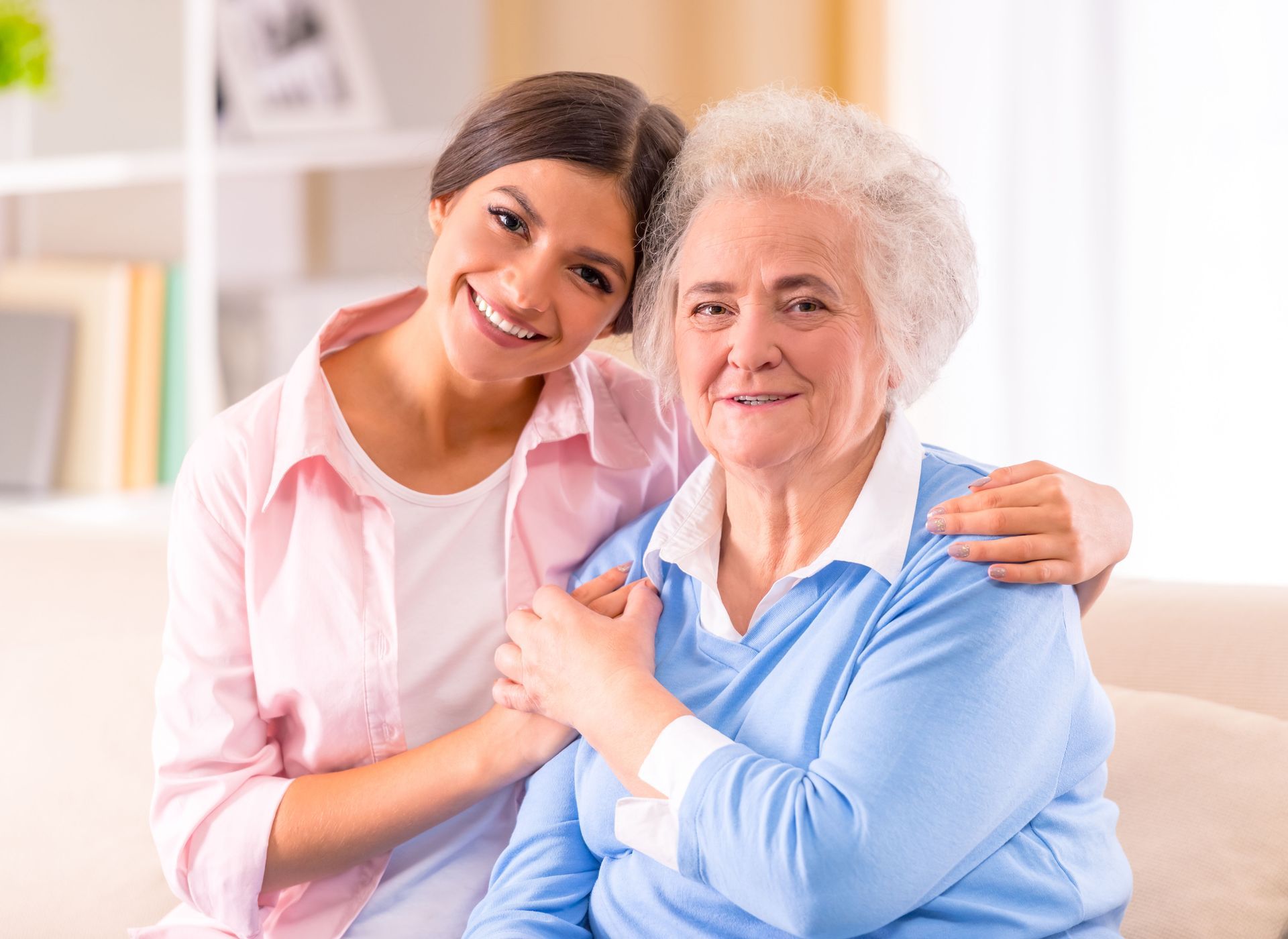
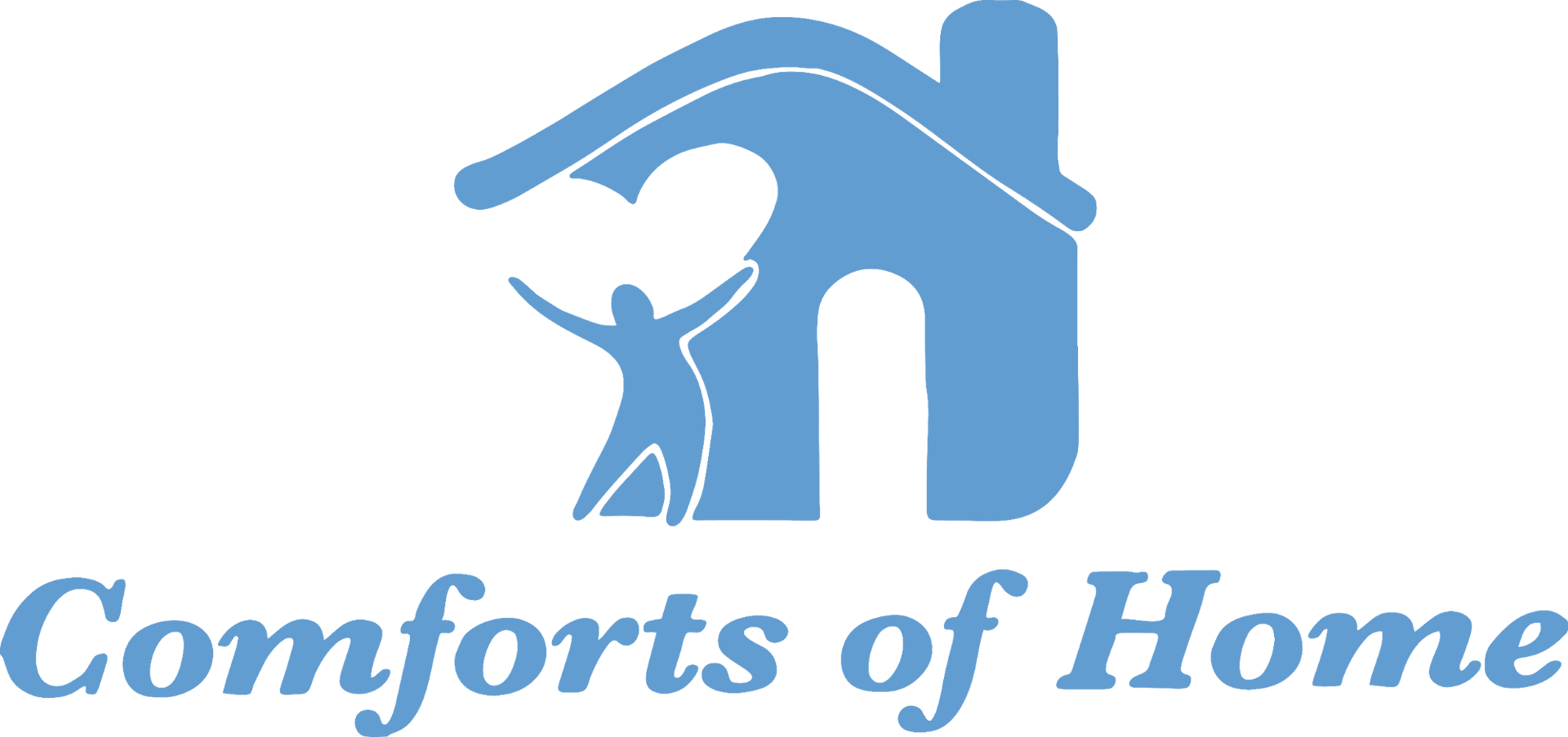
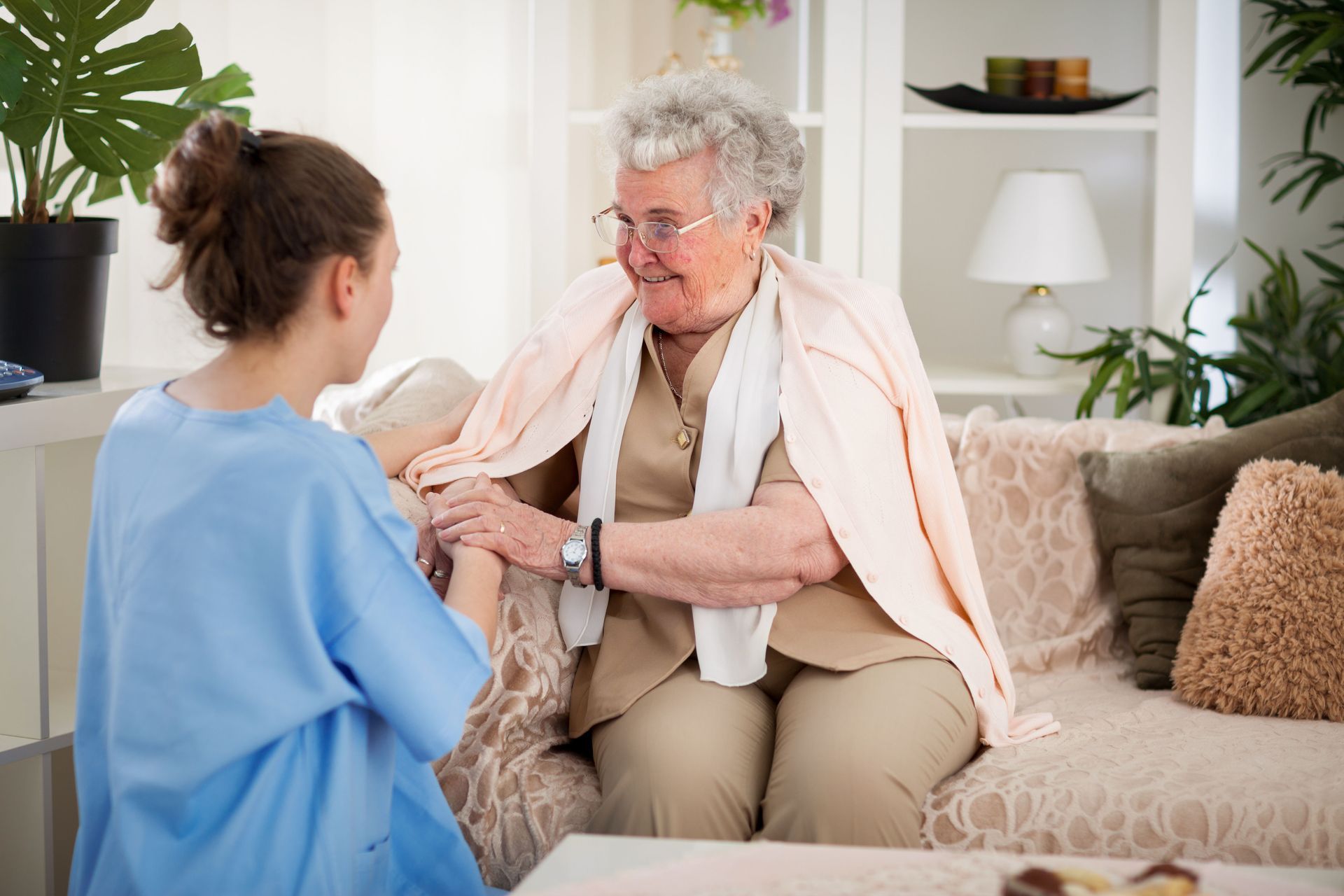
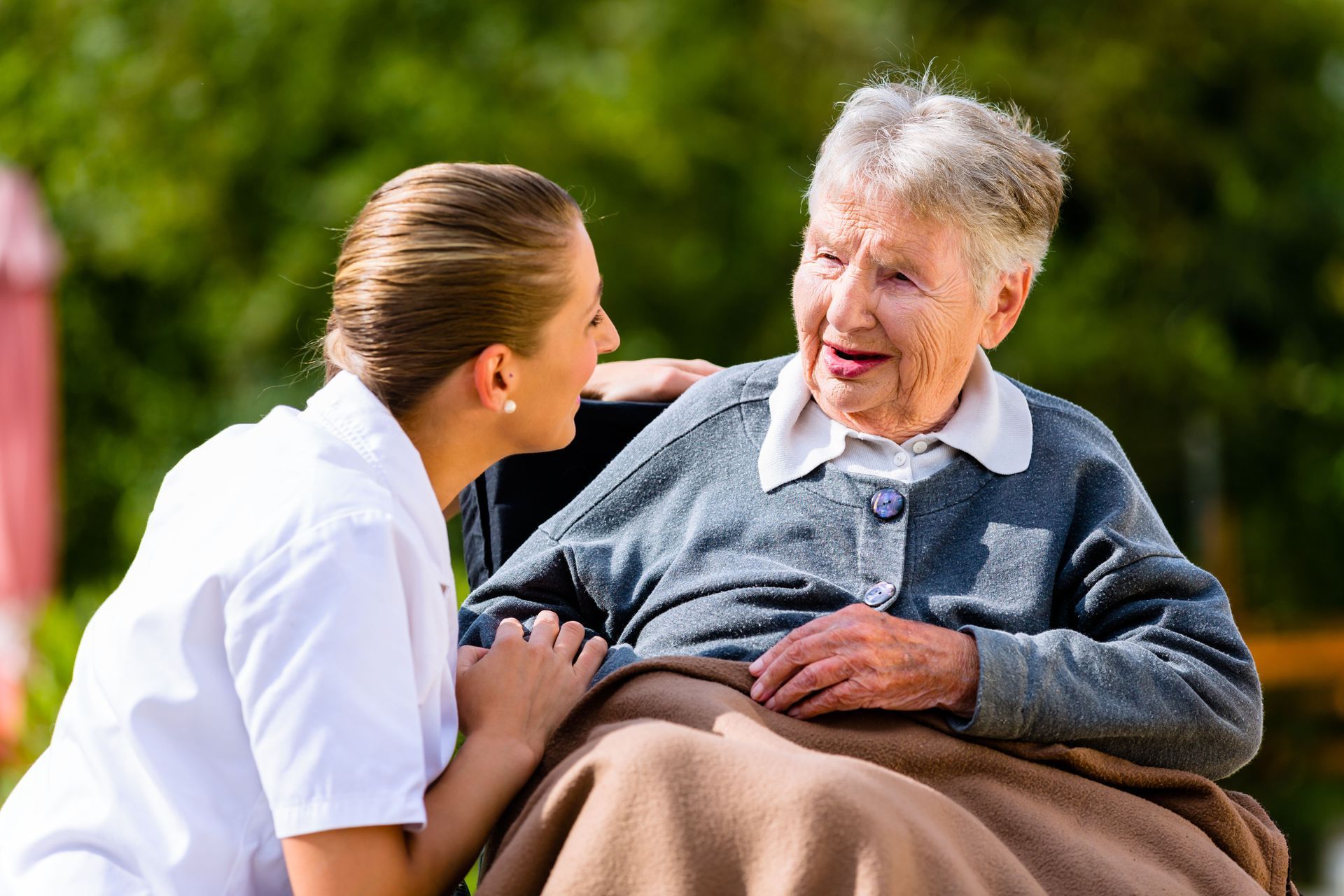
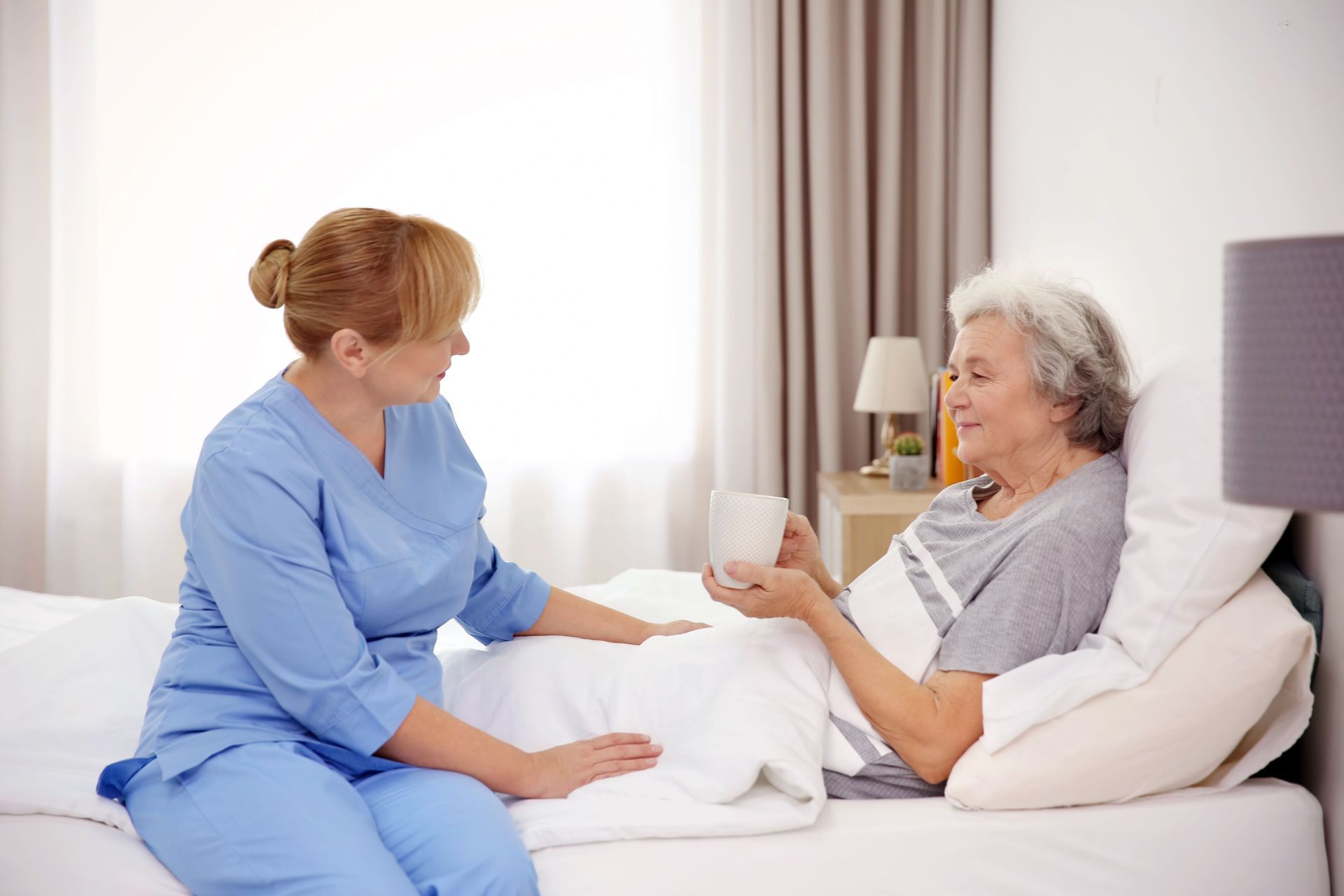
Share On: